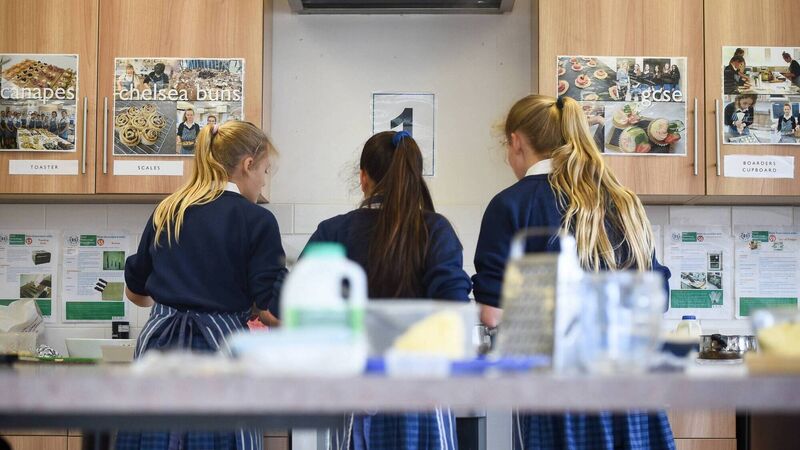Hepa filters being examined as weapon against school Covid transmission

Schools are considering the use of Hepa filters in the battle against Covid-19 transmission amid falling temperatures.
As the winter sets in, schools are wondering whether high-efficiency particulate air (Hepa) filters can help them to battle Covid-19 transmission amid falling temperatures.
“We’ve been very clear that we want our schools open, and we want them to be safe,” said Pairic Clerkin, the chief executive of the Irish Primary Principals Network (IPPN).










